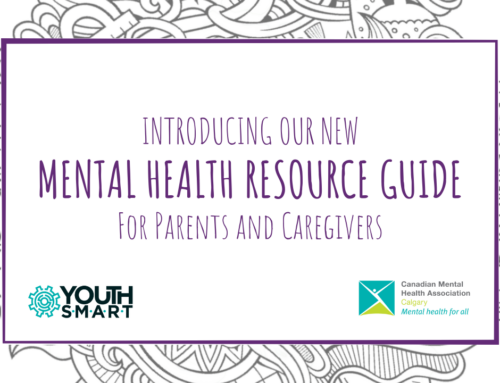In today’s world of social media, wellness is often portrayed as a series of elaborate routines, trendy hacks, and must-buy products. It can feel like you are bombarded with advice on what you should be doing to feel better including ice baths, 5 am workouts, or the latest wellness product to add to your shopping list. While these habits work well for some, it can be complicated or expensive to achieve. In reality, the steps to feeling well can be surprisingly simple. Basic habits such as prioritizing sleep, nourishing your body with food, and moving regularly, have a powerful impact. They are proven, accessible, and genuinely effective.
Sleep
Sleep can help regulate mood, memory, concentration, and energy. With a good night’s sleep, it is easier to regulate emotions and deal with stressful situations. Disruptions to sleep can lead to fatigue, stress, and burnout.
Sleep can be easily impacted by late-night scrolling, irregular schedules, and anxiety or racing thoughts at bedtime. To combat this, try to create a wind-down routine with dim lights, tea, or no screens 30 minutes before bed. It is also important not to stress about getting a perfect sleep. Even a few additional minutes a night begin to add up!
Food
Food supports energy, focus, and stable moods. Eating well can prevent irritability, fogginess, and energy crashes. A variety of nutrients can contribute to the brain-gut connection, meaning that when your gut is healthy, it keeps your mind sharp and improves your mood.
When you’re stressed or your schedule is packed, it is easy to skip meals or grab whatever’s quick, like energy drinks, packaged items or fast food. While eating something is better than nothing, these options might not give your body the fuel it really needs.
Try to keep easy, balanced snacks on hand, and aim to eat something every few hours (even if it is small). All foods provide energy and nourishment in different ways, and it is important to enjoy a variety of foods.
Movement
Movement is important for your well-being as it releases endorphins and reduces stress. It can also boost energy and improve sleep, focus, and self-confidence.
Movement doesn’t have to be an intense gym session or a long run to count. Anything that gets your body in motion, walking, dancing, stretching, biking, etc., works! It can be easy to think you are too tired or overwhelmed to make time for it, but even 10 minutes helps. It is important to find something you enjoy, and to remember that physical activity is not about punishment or discipline.
Putting it All Together
These habits build on each other. For example, better sleep supports better food choices, movement helps you sleep, and fueling your body makes it easier to move. You don’t need to master all three at once; start with one small shift. You could go to bed 15 minutes earlier, pack a snack, or take a short walk after class or work.
There is nothing wrong with trying new wellness ideas, but don’t forget the simple habits that provide a great return. Sleep, food, and movement aren’t everything, but they are a great place to start.


